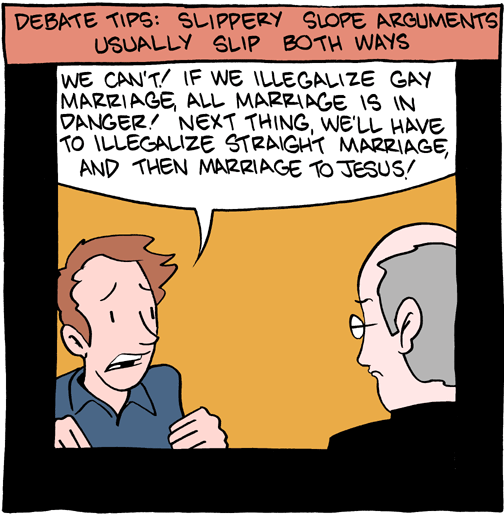Daily Writing tips, a writing instruction and learning blog, has
a useful post on essay writing. The link also has links to instructions on writing student essays, literary essays and perhaps other types of essays. The problem most students have is that they haven't read many essays before.
They also mention the 5-paragraph essay
(click for wikipedia explanation). The grad students at KU back in the day much maligned
the 5 paragraph essay for being too formulaic and ...lame. But it's a legitimate form of organization - just not a form students use often in my classes. I have no prejudice against it. I'm reminded of a favorite quote, "when the only tool you have is a hammer - everything looks like a nail." Most comp 1 instructors assume students know the 5 paragraph essay form, but maybe we shouldn't assume.
Outside of formal class/ student assignments -most people don't write essays often; HOWEVER, the essay form is alive and well . I'm reading (OK - listening to the audio book - an authentic form of reading IMHO) a collection of essays by Malcolm Gladwell called
What the Dog Saw. Of it, the
New York Times book review says

Have you ever wondered why there are so many kinds of mustard but only one kind of ketchup? Or what Cézanne did before painting his first significant works in his 50s? Have you hungered for the story behind the Veg-O-Matic, star of the frenetic late-night TV ads? Or wanted to know where Led Zeppelin got the riff in “Whole Lotta Love”?
Gladwell tracks it down - does the research - and writes essays about it. See
press release here, see
Amazon to buy here, or check out the audio book from Billington Library here on JCCC campus.
He shows how essays can be surprisingly engaging.
To recap: reading essays may be the best preparation to writing good essays.
Don't forget about your textbook as a source of interesting essays.
The Norton Field Guide has some fun stuff.
 comes from their research. You likely will have to scroll down for it - but it's provocative.
comes from their research. You likely will have to scroll down for it - but it's provocative.




